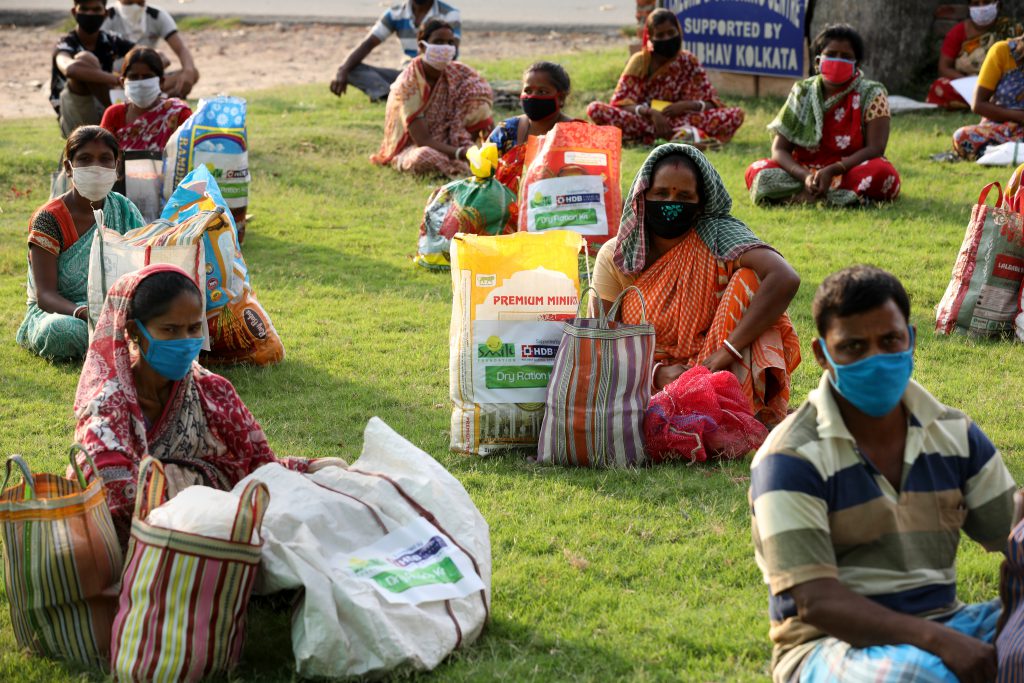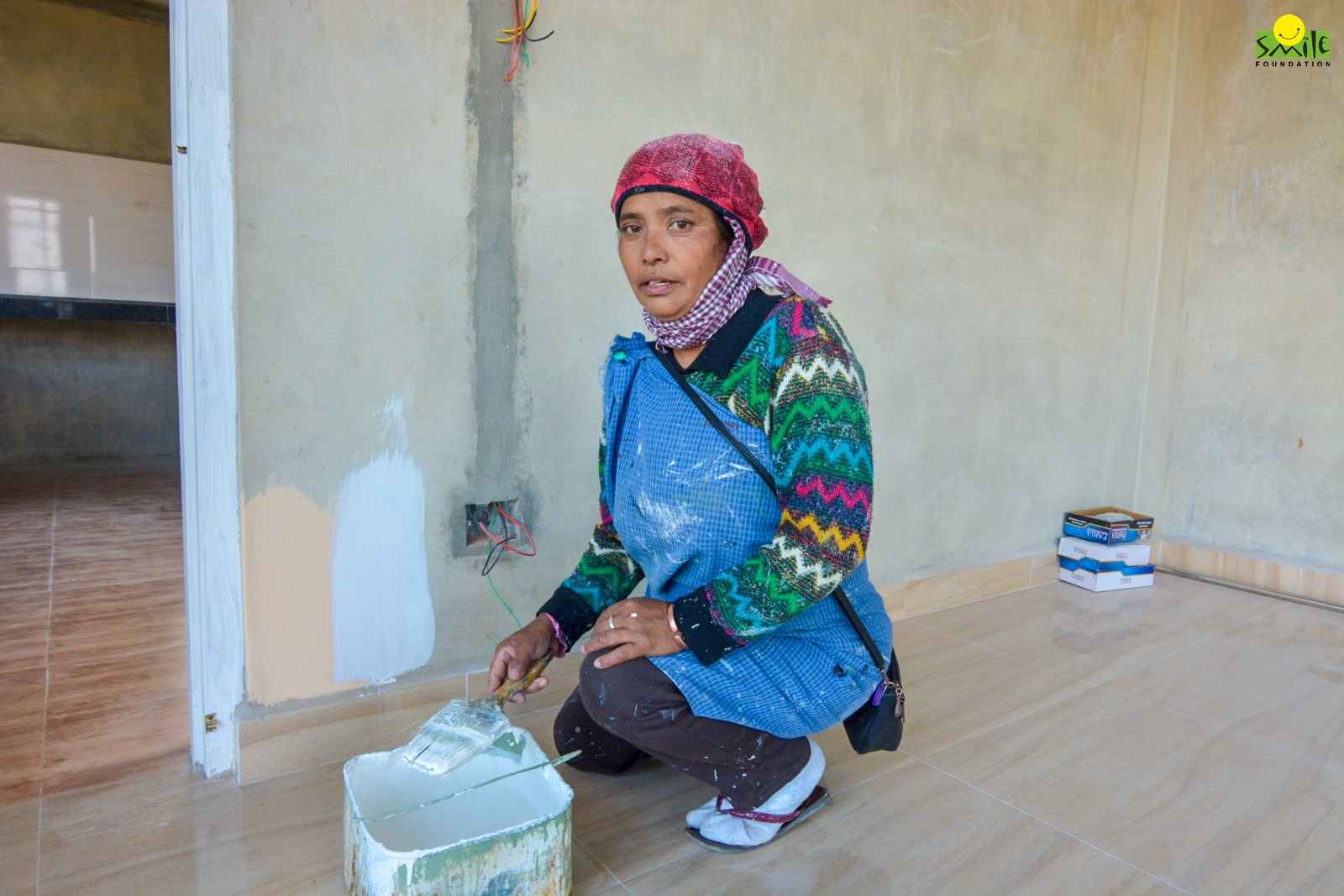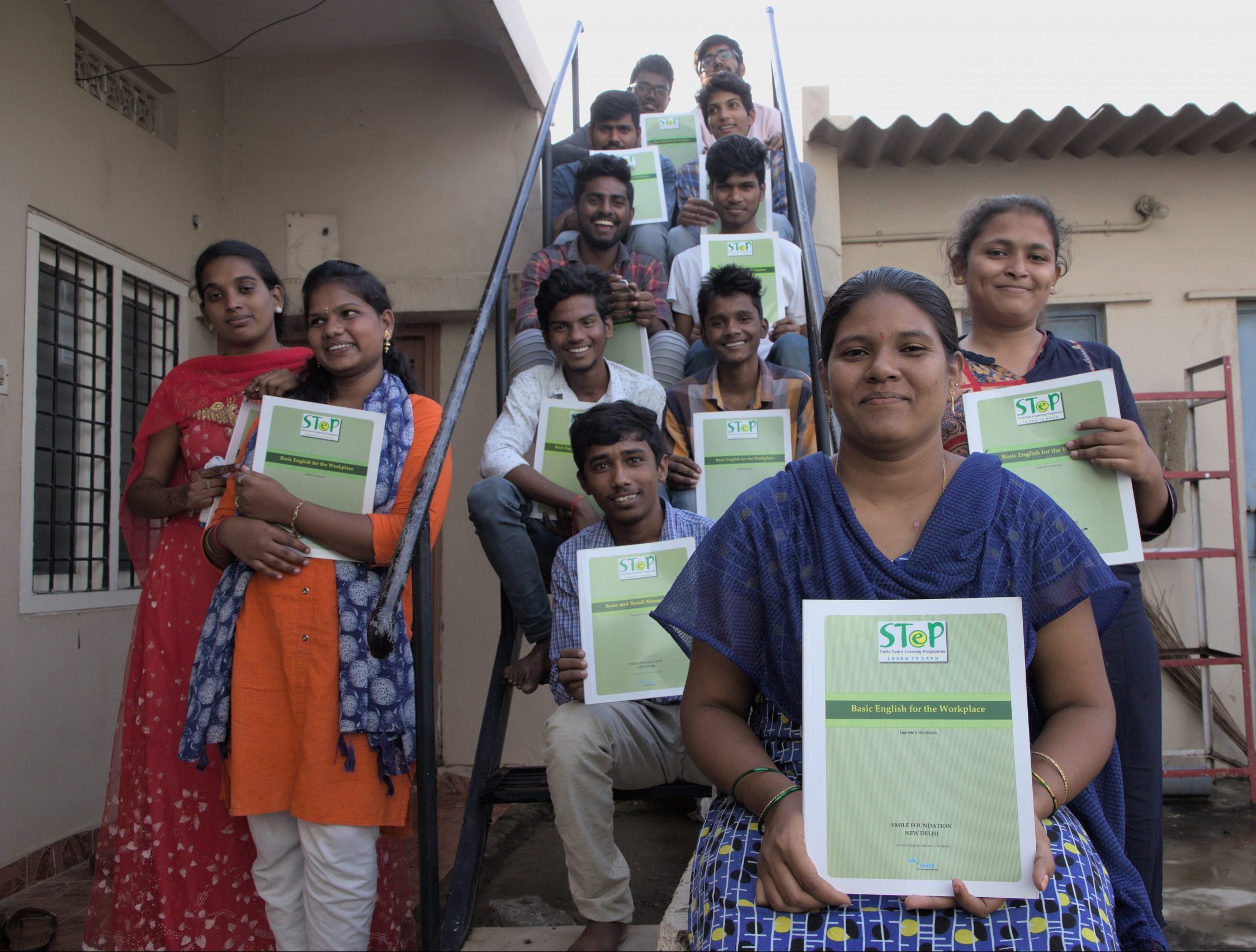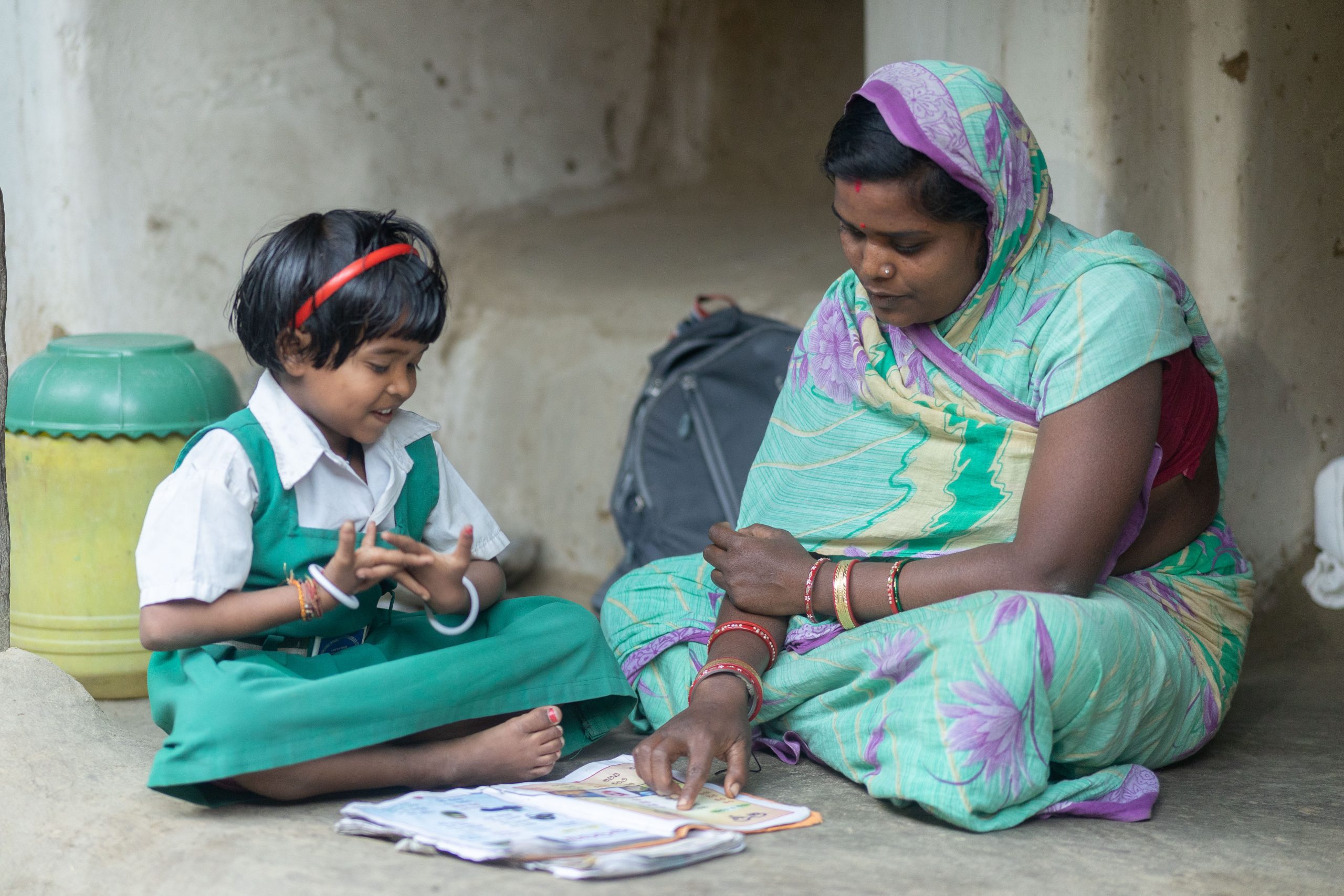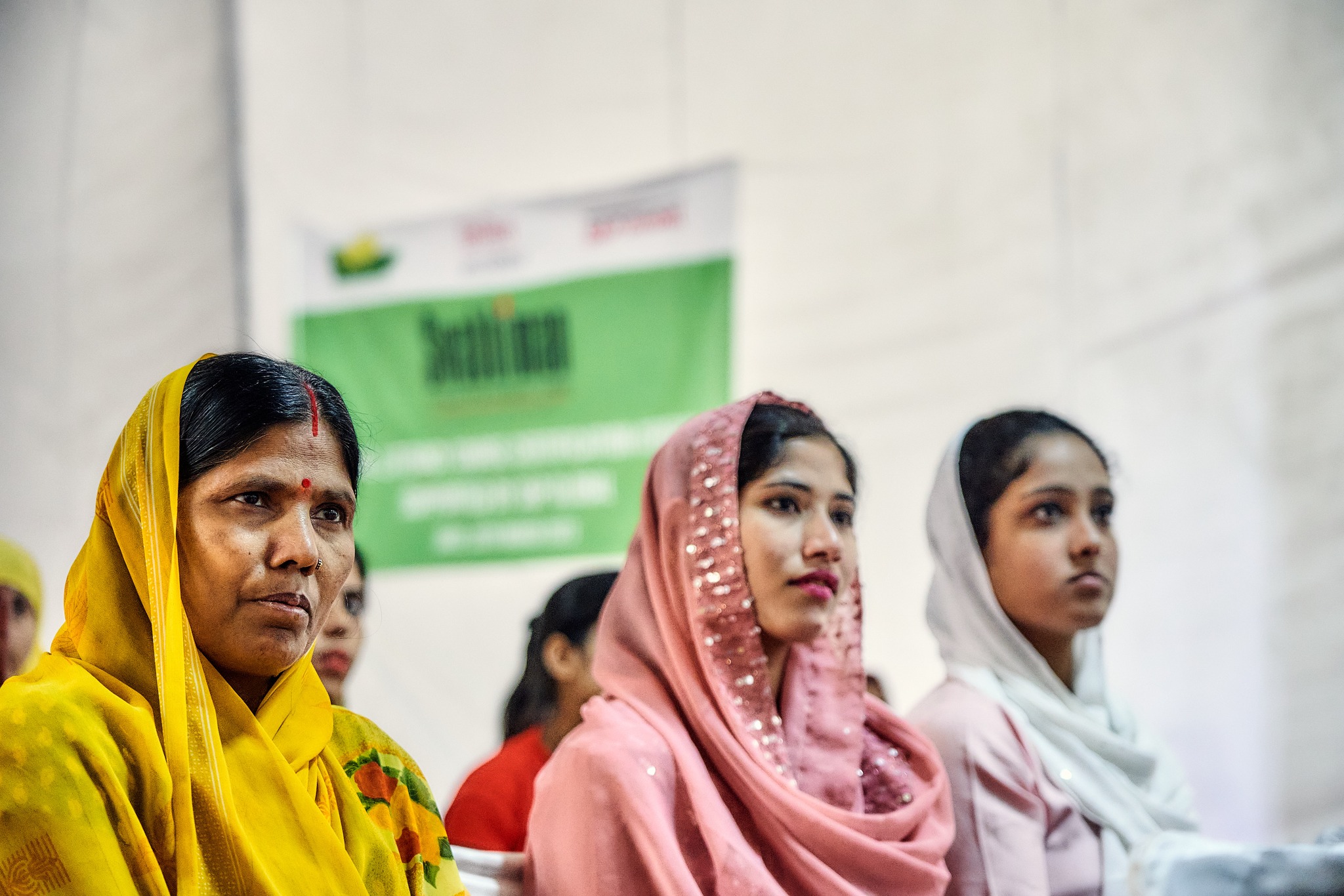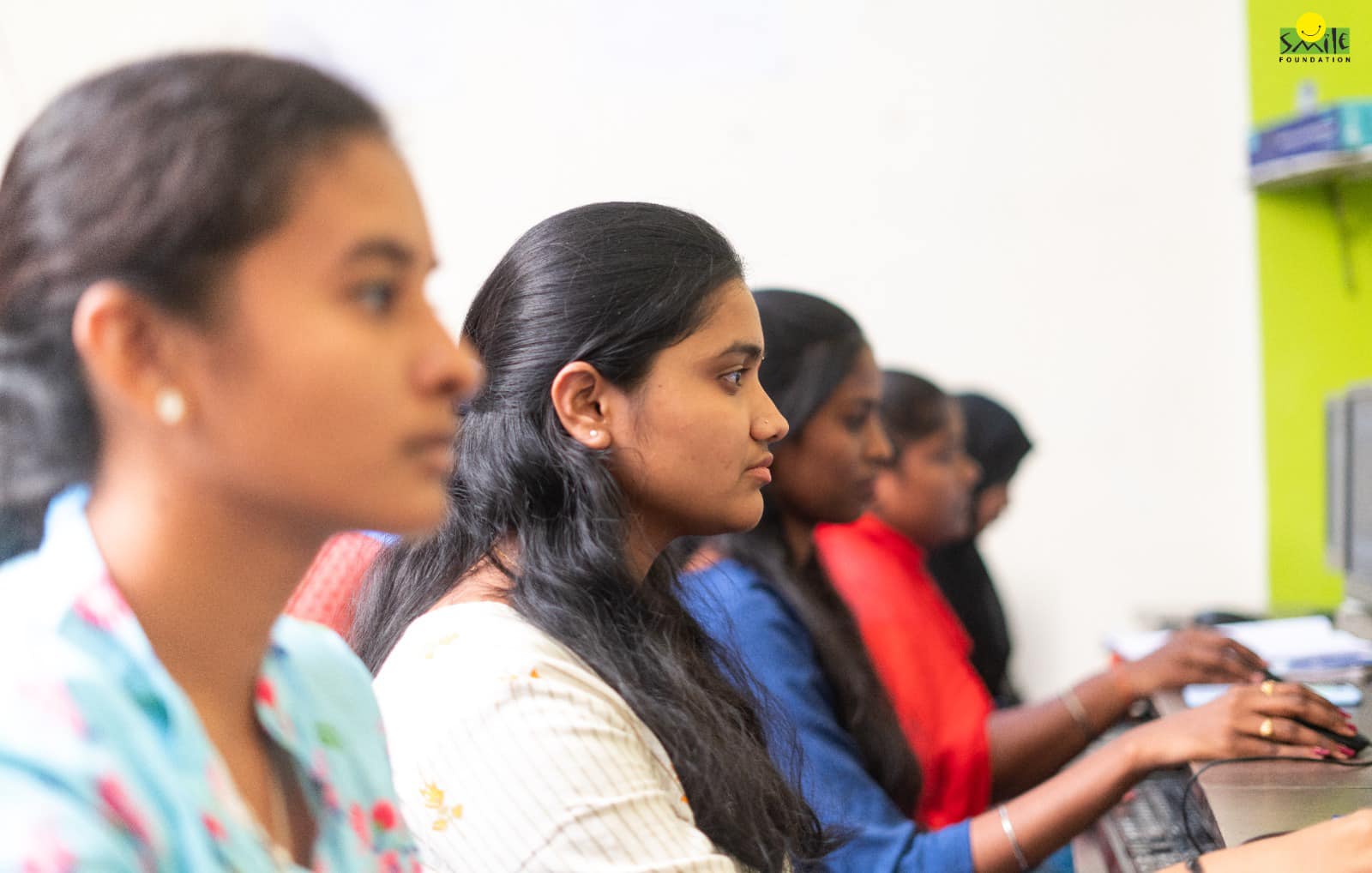If we don’t act now, the COVID induced social crisis will be the biggest the world has seen. A concerted effort involving the public and private sectors to create a universal social safety net can be a viable damage-control measure.
The World Economic Forum conducted a study on the major risks we face in the aftermath of the pandemic. It unwraps how the socio-economic, environmental and technological milieus will transform impacting multiple layers across the society. Job losses tops the list with analysts expecting a protracted period of recession. This slump will lead governments to roll out relief packages which will eventually burden countries with more debt.Global trade will slouch further with an expected 13-32 percent drop.The foreign direct investment (FDI) is predicted to take a nosedive of about 40 percent. These rapid downturns will manifest in the foreign aids for humanitarian issues like food insecurity especially in the war-ridden regions.
Technology,on the other, while acted as an enabler for business continuity,for many on the wrong side of the digital divide have the increasingly tech-driven world means receded further backwards. In terms of environment, while the initial days of lockdown led to a degree of drops in pollution, experts fear that with economies rebooting there might be a bounce back effect. Thus impeding all the progress made on climate action.
An insight by the UN Department of Economic and Social Affairs (UN DESA)shows how unfolding of these episodes will exacerbate global social inequalities particularly impacting the vulnerable sections. For instance, homeless people are disproportionately bearing the health and economic impacts because they do not have the avenues to avail safe shelters and hence are highly exposed to the virus.
Older people too are an easy prey, especially those health conditions such as hypertensionand diabetes. Unfortunately, the COVID-19 narrative adds to their vulnerabilities. This section is perceived as weak, unimportant and a burden on society, a notion that reflects itself during treatment distribution and preferences. The risk of infections for persons with disabilities is heightened by issuesof inability in carrying out general self-care including personal hygiene. For them, not only has the service and support been disrupted, the UN DESA says many are excluded from the mainstream health information due to their condition. This increases the risks.
The other section is the informal workers – most of whom are migrant labourers. We have all been a witness to the ordeal these workers have undergone during the lockdown. The reverse migration that ensued exposed the dismal working conditions. The market that employs them did not want to even organize their transports back home. Standardisation of wages and social benefits was and will continue to be an issue pushing these workers further into poverty.
Unless we show urgency in drawing up a response strategy, the COVID induced social crisis will be the biggest the world has ever seen. There has to be a concerted effort from public and private actors to implement effective and universally accessible social protection infrastructure. This includes putting in place income and health securities for all. Making information accessible – especially to persons with disabilities. Mobilising youth through skilling to act as a limiting factor in the spread of virus.
To know about Smile Foundation’s work on Covid Response visit https://www.smilefoundationindia.org/smile-fights-covid19/



